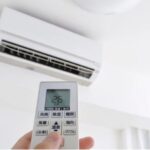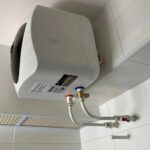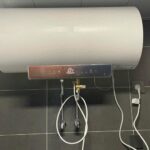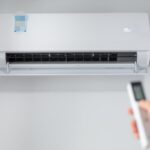Not unplugging appliances when they’re not in use is not only a waste of money but also a safety hazard. It’s important to take this seriously and develop the habit of unplugging after each use. I used to think that unplugging was too much hassle and didn’t make much difference to my electricity bill. However, I later learned from an electrician that some electrical appliances can waste a lot of electricity if left on standby for extended periods, potentially doubling your monthly electricity bill.
Here are four types of appliances that you should always unplug after use to avoid unnecessary costs and safety risks:
1. Water Heaters
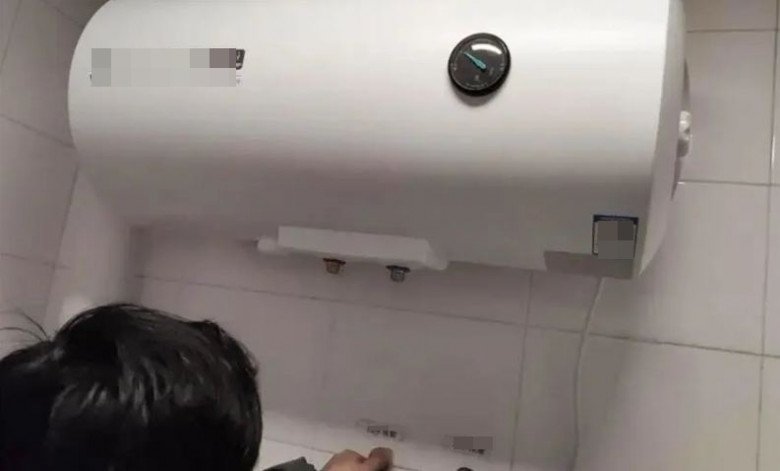
Water heaters are essential for modern life, providing hot water for bathing and other household tasks. However, many people make the mistake of leaving their water heaters plugged in all the time. Doing so can lead to increased electricity consumption and reduced appliance lifespan. If you don’t use much water daily or are often away on business trips, it’s best to unplug the water heater. Otherwise, it will continuously heat water, wasting a lot of electricity in the process.
If you find it inconvenient to plug and unplug the heater manually, consider installing a timer switch or a dedicated outlet with a switch underneath the water heater. Nowadays, there are also smart water heaters that can be controlled via your phone, offering a practical and convenient solution.
2. Air Conditioners
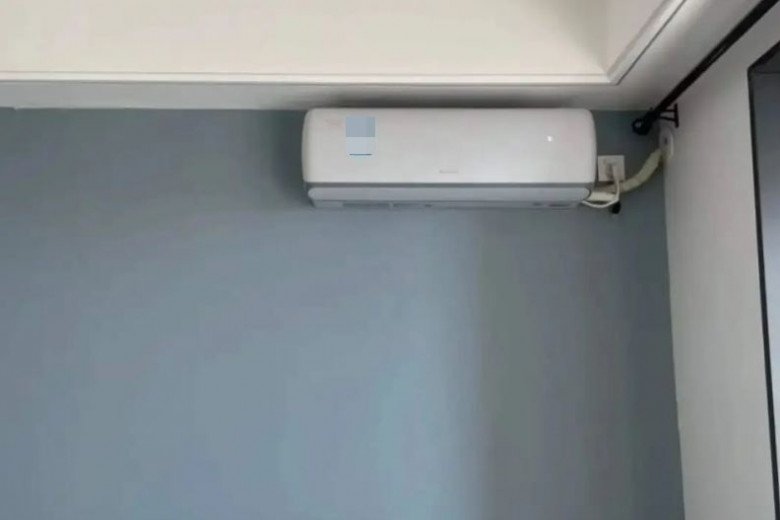
Air conditioners are notorious energy guzzlers, and even if you only use them for a few months a year, they can cause your electricity bill to skyrocket. When it’s extremely hot outside, it’s tempting to set the temperature very low. But keep in mind that lowering the temperature by just one degree can increase electricity consumption by 10%. Leaving your air conditioner plugged in when it’s not in use can also double your electricity bill, as it remains in standby mode, silently consuming electricity.
Therefore, always unplug your air conditioner and turn off the power source when it’s not in use to avoid wasting electricity.
3. Phone Chargers
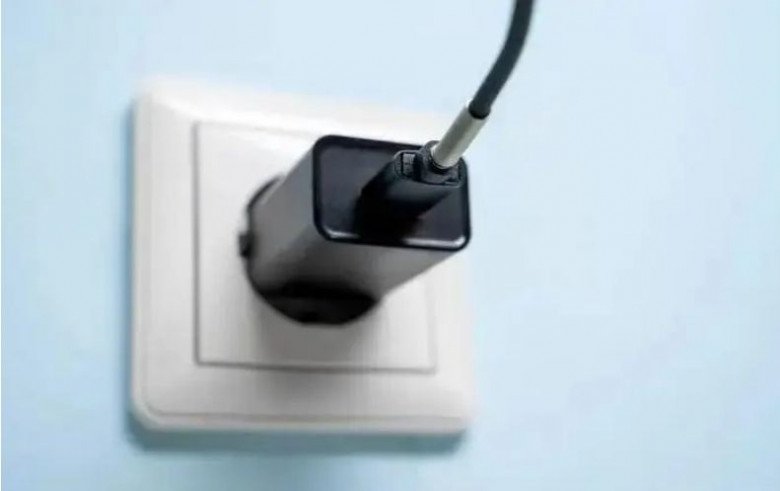
In today’s tech-driven world, mobile phones and tablets have become essential devices for many people. These devices require regular charging, and some may think that leaving the charger plugged in makes the process more convenient. However, this is a mistake. When a charger is left plugged into the wall, it continues to draw electricity, even when it’s not connected to a device. This can not only waste electricity but also pose safety risks, especially if the charger is of poor quality. In some cases, chargers have been known to explode when left plugged in for extended periods.
Therefore, always unplug your phone charger from the wall after your device is fully charged to save electricity and prevent potential safety hazards.
4. TVs and Set-Top Boxes

TVs and set-top boxes also consume a significant amount of electricity, even when they’re turned off with the remote control. That’s because they remain on standby mode, ready to be turned on at any moment. The set-top box, in particular, can consume more electricity than the TV itself. By unplugging these devices when they’re not in use, you can significantly reduce your annual electricity bill.
In conclusion, it’s important to develop the habit of unplugging electrical appliances when they’re not in use. This simple action can lead to significant savings on your electricity bill and reduce the risk of safety hazards. So, take a moment to check your home for any plugged-in appliances and make the necessary changes today!

























